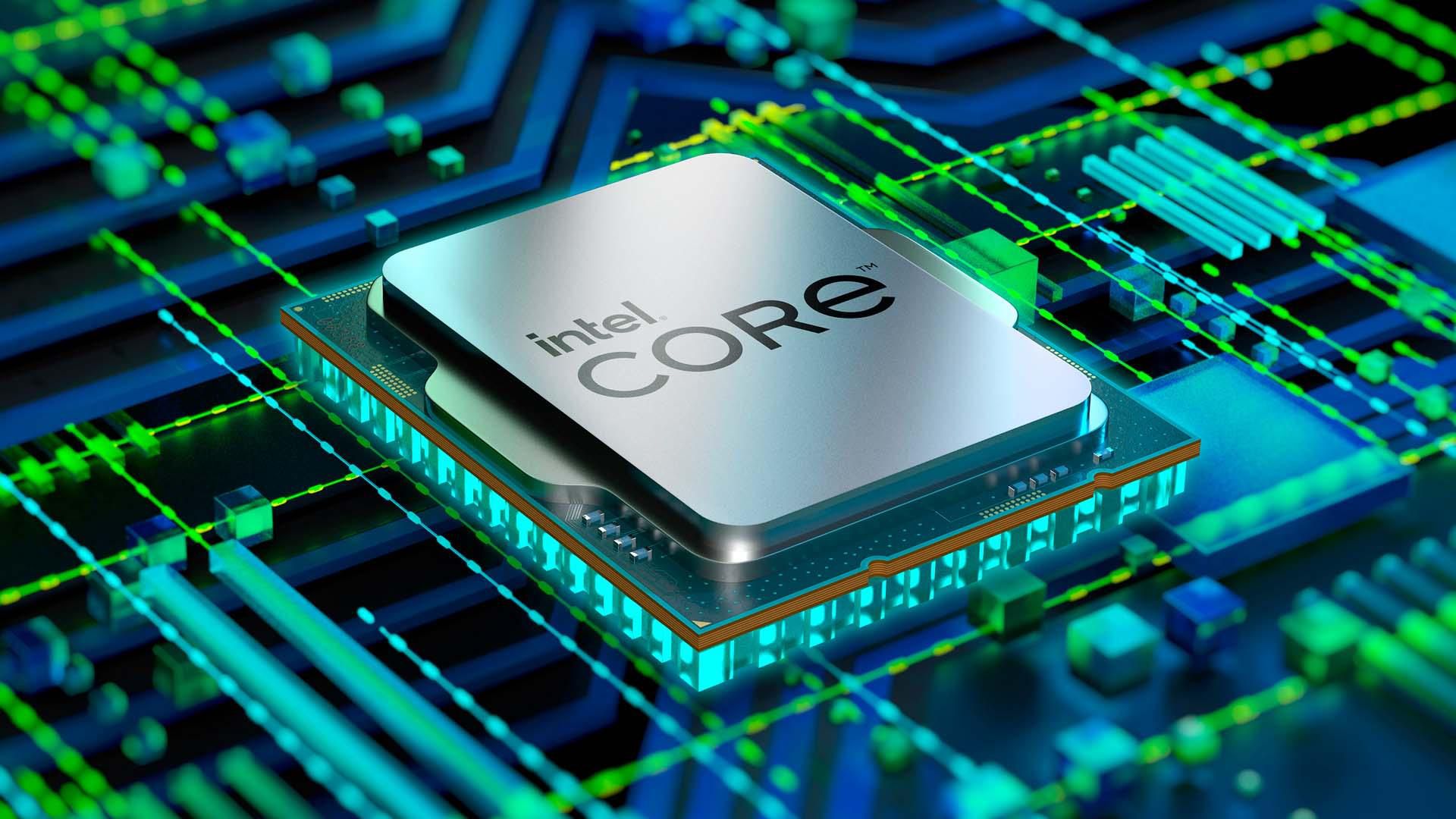
Intel's first 12-generation "Alder Lake” processors were unveiled last week. Six new processors were launched aimed at desktop computers. This includes the Core i9-12900K high-end processor, which has 16 cores, eight efficiency cores, and eight performance cores.
Although the 12th-generation processors were desktop-class, it is interesting to compare them with Apple's M1 Pro, M1 Max and 14-inch MacBook Pro models. Rumours suggest that Apple will release a 27-inch iMac with identical M1 Pro/M1 Max chips in its first half next year.
Geekbench 5's first benchmark results for Core i9-12900K show that the processor performs up to 1.5x faster in multi-core performance than the M1 Pro or M1 Max. The Core i9 processor's average multi-core score has been around 18,500, compared with approximately 12,500 for M1 Pro or M1 Max. AnandTech shares additional benchmarks to provide a more detailed look at performance.
The Core i9 processor is faster than the M1 Pro or M1 Max but it uses a lot of power. Intel lists the chip as using up 125W at base frequencies and 241W with Turbo Boost.
Intel's 12th-generation Core i7-12700K appears to be faster than both the M1 Pro & M1 Max in Geekbench 5, but it also uses more power.
Apple announced in June 2020 that it would switch to its own chips for its Mac. However, they didn't claim their chips would be the fastest, but promised an industry-leading performance per Watt. Apple's M1 Pro & M1 Max chips certainly accomplish this feat. They outperform a 12-core Intel-based Mac Pro starting at $6,999 and produce minimal fan noise due to their impressive power efficiency.
Intel anticipates that the 12th-generation Core processors will be available for laptops as early 2022.
